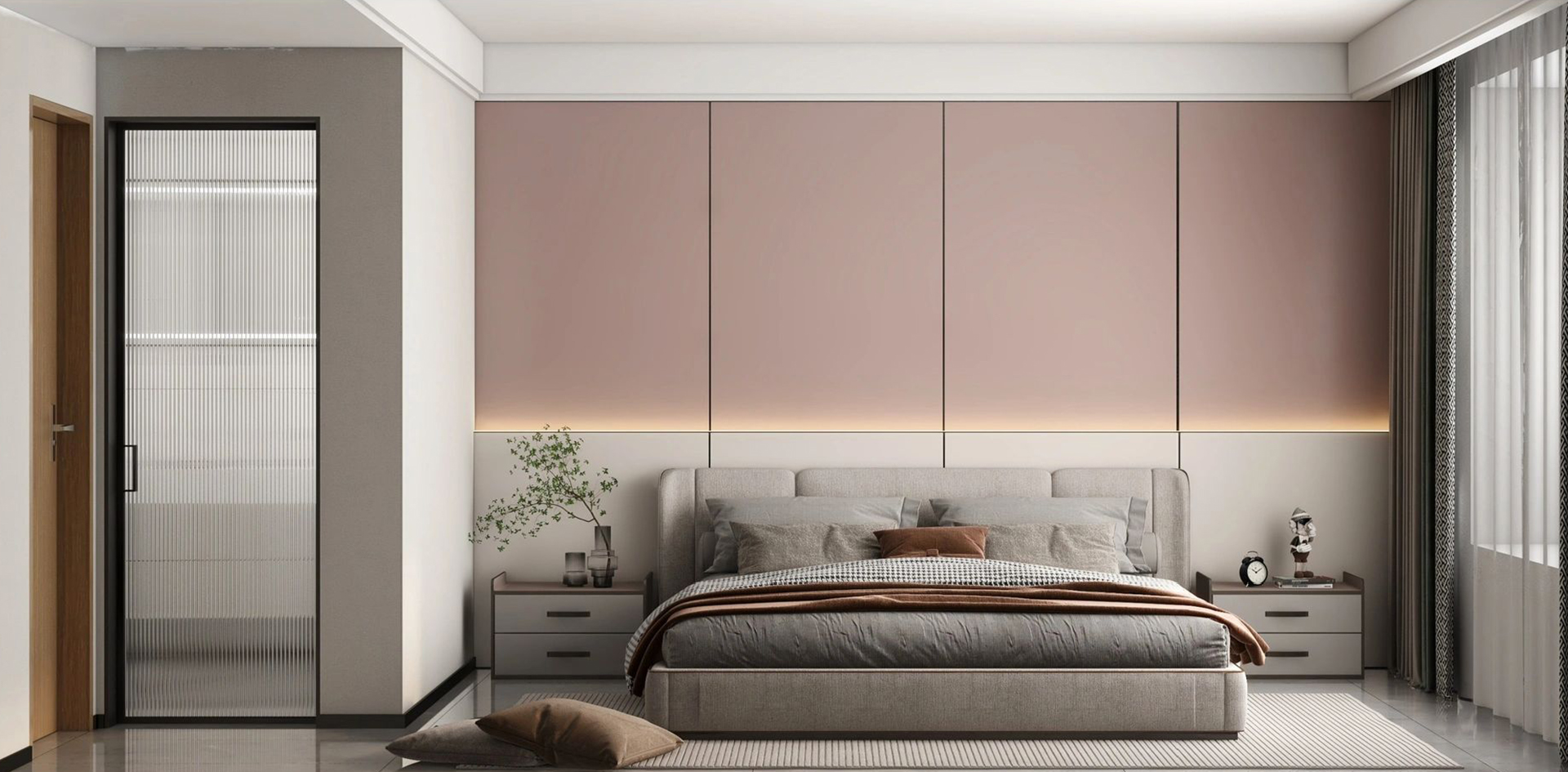In a world that often feels cluttered and overwhelming, the minimalist partition concept emerges as a beacon of simplicity and elegance. Minimalism, as both a design philosophy and a lifestyle choice, encourages individuals to strip away the excess and focus on what truly matters. This approach not only enhances the aesthetic appeal of a space but also promotes a sense of freedom and tranquility. The minimalist partition concept embodies these principles, offering a versatile solution for modern living.
Understanding Minimalism
At its core, minimalism is about reducing the unnecessary to make room for the essential. It is a design concept that emphasizes clean lines, open spaces, and a limited color palette. This philosophy extends beyond mere aesthetics; it encourages a lifestyle that values quality over quantity, mindfulness over chaos. In the realm of interior design, minimalism allows for a high degree of freedom in space matching, enabling homeowners to create environments that reflect their personal style while maintaining a sense of harmony.
The Role of Minimalist Partitions
Minimalist partitions serve as functional yet stylish elements in contemporary interiors. They can be used to define spaces without overwhelming them, making them ideal for open floor plans where delineation is necessary. Whether used as a space partition or a sliding door in a cloakroom or study, these partitions embody a low-key and simple beauty that aligns perfectly with minimalist principles.
One of the standout features of minimalist partitions is their ability to blend seamlessly into various design styles. They can be paired with metal grilles, glass panels, or wooden elements, allowing for a diverse range of aesthetics. This adaptability makes them suitable for different environments, from urban apartments to spacious homes, ensuring that they enhance rather than detract from the overall design.
Aesthetic Appeal and Functionality
The minimalist partition concept is not just about looks; it also prioritizes functionality. The unique track design of these partitions is a testament to this philosophy. By cleverly concealing messy lines and hardware, the design maintains a clean and uncluttered appearance. This attention to detail is crucial in minimalist design, where every element must serve a purpose while contributing to the overall aesthetic.
Moreover, the height and width of minimalist partitions can be customized according to the actual size of the space. This level of personalization ensures that the partitions fit perfectly within the intended area, enhancing both the functionality and visual appeal. Whether opting for a double linkage or a triple linkage system, users can experience a smooth and effortless operation when pulling the partitions up or sliding them open. This ease of use is essential in creating a harmonious living environment where functionality and beauty coexist.
Creating Versatile Spaces
One of the most significant advantages of minimalist partitions is their ability to create versatile spaces. In a world where flexibility is increasingly valued, these partitions allow homeowners to adapt their living areas to suit their needs. For instance, a spacious living room can be transformed into a cozy study or a private nook simply by sliding a partition into place. This adaptability is particularly beneficial in smaller homes or apartments, where maximizing space is crucial.
Additionally, minimalist partitions can enhance the flow of natural light within a space. By using transparent materials or strategically placed openings, these partitions can create a sense of openness while still providing the necessary separation. This balance between privacy and openness is a hallmark of minimalist design, allowing individuals to enjoy the best of both worlds.
The Psychological Benefits of Minimalism
Beyond the physical attributes of minimalist partitions, there are psychological benefits to embracing this design philosophy. A clutter-free environment can lead to reduced stress and increased focus, promoting a sense of calm and clarity. By incorporating minimalist partitions into a home, individuals can create spaces that foster productivity and relaxation, essential elements for a balanced lifestyle.
Furthermore, the act of simplifying one’s surroundings can encourage mindfulness. When individuals are surrounded by fewer distractions, they can better appreciate the beauty of their environment and the items they choose to keep. This intentional approach to design aligns with the broader principles of minimalism, encouraging individuals to live more consciously and purposefully.
The Psychological Benefits of Minimalism
Beyond the physical attributes of minimalist partitions, there are psychological benefits to embracing this design philosophy. A clutter-free environment can lead to reduced stress and increased focus, promoting a sense of calm and clarity. By incorporating minimalist partitions into a home, individuals can create spaces that foster productivity and relaxation, essential elements for a balanced lifestyle.
Furthermore, the act of simplifying one’s surroundings can encourage mindfulness. When individuals are surrounded by fewer distractions, they can better appreciate the beauty of their environment and the items they choose to keep. This intentional approach to design aligns with the broader principles of minimalism, encouraging individuals to live more consciously and purposefully.
Post time: Apr-25-2025


















